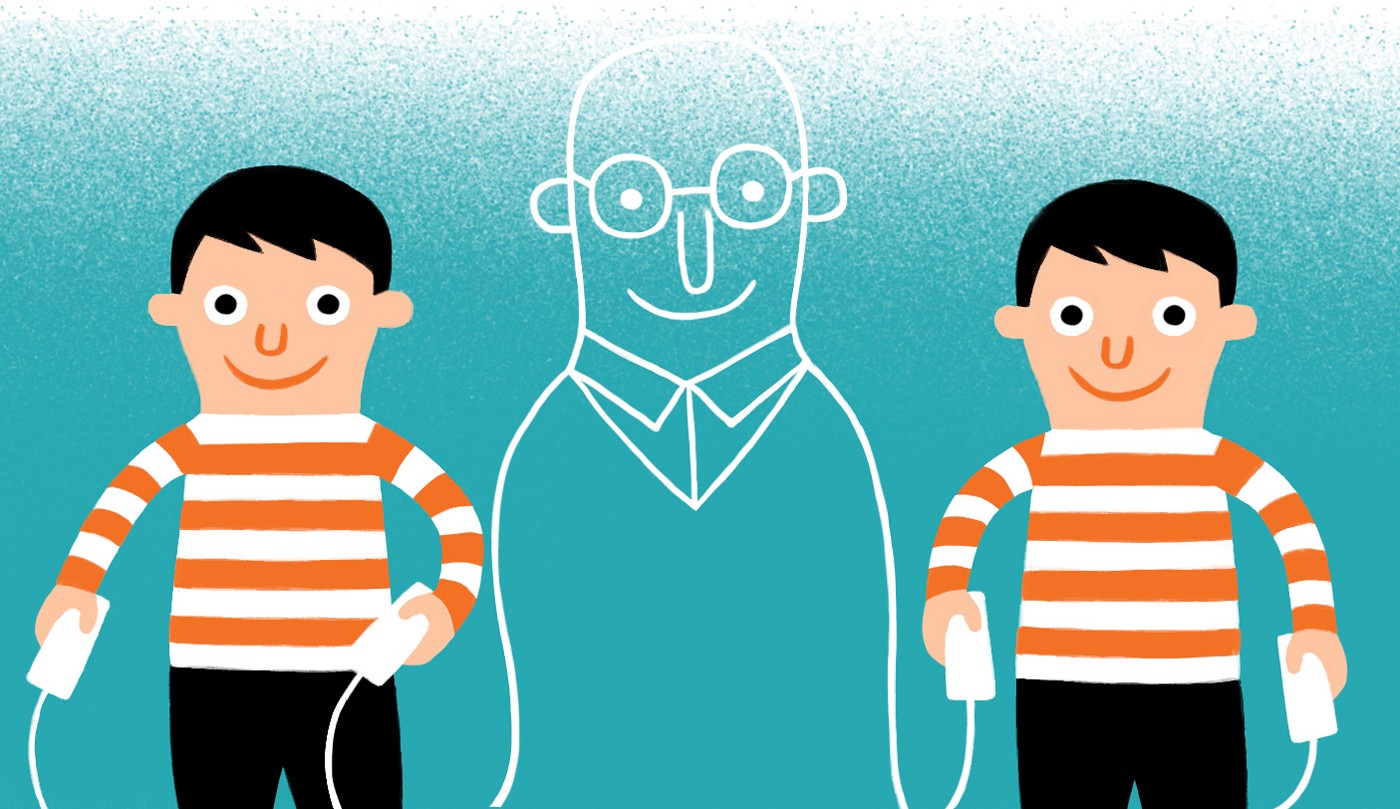Christmas morning, my father tore off the wrapping paper to discover a Nintendo Wii video game system. He studied the box, puzzled, until we told him why we’d given it to him.
Parkinson’s had slowed his step and tightened his neck and shoulder muscles. Although he had tried surgery, medication and diets, the march of the disease forced him into retirement. He had windows of motion, but in between, his steps would freeze in place. He never knew whether he’d falter when he was out to eat or in an airport security line. So, my brother, sister and I chipped in to buy the Wii, which studies had shown could improve the coordination and reflexes of those living with the disease.
He nodded in acknowledgment, taciturn as usual, but he didn’t reject our gift as he had some of our adolescent attempts to be creative (“money to burn” — novelty fire starters wrapped in fake $100 bills — or hiking boots he proclaimed too heavy). He’d fight against Parkinson’s every way he could.
We fired up the system, with its whimsical theme song, the synthesizers inviting and futuristic, and created our avatars, choosing facial features and nicknames. My father became “Dad,” silver-haired with glasses.
My nephew, then 5, giggled as we made the avatars march to the jolly beat of a bass drum. Sometimes our avatars showed up in the stands as spectators. My father watched silently. Did he wonder if yet another potential therapy would fall short of its promise?
He had never played games of any sort and wasn’t used to the controller. He’d never picked up the sports that the games were supposed to mimic: tennis, baseball, bowling, golf and boxing. In Wii bowling, he released the button at the wrong instant and the ball froze at the end of his avatar’s arm again and again — just like when he commanded his body to move and nothing happened.
I writhed inside. We should have given him a sweater, a DVD or a coffee table book, the usual presents for his birthday, Father’s Day and Christmas. We tried Super Mario Kart. He stood stiffly, gripping the white plastic steering wheel. His car veered onto the shoulder of the racetrack and crashed. The next round, he spun it around, facing oncoming cars, unable to right himself.
My father loved the promise of the open road and had always taken the wheel on family vacations. He taught his wife and three children to drive, building a training course out of PVC pipe so we could practice tight turns. In the days before GPS, he mapped my route to Stanford with a highlighter.
My brother coached him for more than an hour, the Wii chirping and plinking, until at last my father could play. He swatted vigorously with the controller, as if he were attacking flies. He would have preferred to be working as a structural engineer, sailing or spending time with his family, but we hoped the games would help him endure his hours alone at home.
After he passed away, the Wii collected dust. When my twins turned 4, they discovered it. At first, they got lapped on the racetrack and crashed into walls, or swung at and missed tennis balls. Like my father, they improve their skills each time they play.
Every so often, my father’s avatar appears in the stands. Dad bobs his head and cheers them on.
Vanessa Hua, ’97, MA ’97, is a freelance writer in San Francisco.



